What is Mechanical Testing and What Types Are There?

Mechanical testing is crucial for industries like automotive, aerospace, construction, and manufacturing. With the help of this assessment, you can check various aspects of your materials, such as durability and performance. But this is not everything about mechanical testing. If you are keen to know more, this guide will be a dedicated guide to the essence of mechanical testing, including its types and importance. This will give you an in-depth understanding of this technique. Let’s get started!
What is mechanical testing?
Mechanical testing helps you understand important properties of your material, such as strength, safety, and complexity. This empowers you to determine its lifecycle to ensure the safety of the people working with it. With the help of mechanical testing, you can perform a series of evaluations to check how your materials respond in real-world conditions.
Every mechanical testing type is performed inside the cutting-edge mechanical testing laboratory. The sole purpose of mechanical testing is to ensure your products are perfect as per their expectations and can withstand stress, pressure, and real-world conditions. By identifying flaws and quality standards, you can improve and enhance its performance and reliability.
Why is Mechanical Testing Important in Manufacturing?
Mechanical testing services are important as they give a thorough understanding of the products and allow you to check their strength, flexibility, and durability. Today, safety has become an essential part of manufacturing and construction. If you manufacture products or materials for different industries, you need to prevent defects and boost efficiency in your products.
Your manufactured products should meet industry rules, which are also an essential factor in selling your products in the market confidently. If you are keen to know more about why mechanical testing is important, here are some key factors you need to know:
Ensuring Quality and Integrity
Mechanical testing verifies the quality and integrity of your products. A testing team verifies whether your materials meet specified standards like NABL, ISO, and BIS or not. This helps constructors or manufacturers maintain reliability in their products and meet the demand for real-world applications.
Preventing Safety Failures
An important advantage of using mechanical testing is the security it provides. The mechanical testing solution allows you to identify potential weaknesses. Through thorough inspection, a quality assurance team of testers prevents failures that could lead to serious accidents or loss of life.
Supporting R&D
An evaluation group helps you get the material exactly suited to your intended application. They provide valuable data with their extensive mechanical tests. This helps you develop new content and improve existing content.
Investigating Failures
Before launching your product, it is better to undergo mechanical testing to identify hidden shortcomings. This saves time and money by preventing product delays and also avoids costly recalls if you launch without the intensive mechanical testing you may have to invest in.
Verifying Design and Materials
Mechanical testing ensures that the products you manufacture conform to the intended applications. This gives businesses the confidence to sell their products in the market.
Driving Innovation
When there are any faults in your product, they can be identified with the help of mechanical testing. It helps determine the root cause and gives the right guidance on what you do next to make accurate and innovative products.
Cutting Costs and Rework
Testing empowers manufacturers and engineers to push the performance of their products ahead. They boost the functionality of your products by boosting their material durability. That ultimately gives you the capability to create innovative products and solutions.
Types of Mechanical Testing
Depending on your specific requirements of the industry and product, you can choose from different types of mechanical testing. Here is a list of some key types of mechanical testing:
Hardness Testing
This is a popular type of mechanical test that involves determining the hardness or resistance of your products. For many requirements, the products that you manufacture should be durable and powerful. For example, the car brake disc undergoes hardness testing to ensure that it can withstand friction and heat. That prevents wear and ensures your safety. Hardness testing involves a series of tests, including the Vickers hardness test, Barcol testing, the Knoop hardness test, the Shore durometer test, and more.
Tensile Testing
The purpose of tensile testing is to check the overall strength of your material under tension. This testing helps users ensure that your product meets minimum requirements for strength and flexibility. An inspection team stretches the material to know its breaking point. They provide a stress-strain curve, yield stress, tensile stress, and more. You know the ability of your product or material to withstand force. That ensures overall reliability in the construction, automotive, aerospace, and manufacturing industries.
Impact Testing
Impact testing is one of the essential methods to determine the ability of your product to absorb sudden shocks or impacts. This test involves a pendulum to control the force and also some other series of evaluations for impact testing, like ASTM standardized tests such as Izod testing and Charpy testing and more. Impact testing ensures the safety and durability of your industries, like automotive, construction, aerospace, and manufacturing.
Fracture Toughness Testing
Fracture toughness testing allows you to know the fracture toughness of your product. It involves analyzing the ability of your products to resist cracking under stress. In the situation where your products or materials must withstand high pressure, effects, or extreme conditions without breaking easily. For that matter, fracture toughness testing is essential.
A team of skilled testers sees the performance of your product under high pressure and sees how it works perfectly before encountering critical failure. Fracture toughness testing, such as linear-elastic, K–R curve, and elastic-plastic tests.
Final Words
Mechanical testing is important in aerospace, automotive, construction, manufacturing, oil and gas, medical devices, defense, and more. Getting help from the testing service provider helps you to build a product that comes with robust strength and durability and follows all the latest national and international standards. This procedure ensures you can build high-performance products and prevents all the potential failures that may have occurred without testing. A series of mechanical tests helps you find critical applications that protect their lives and maintain product quality in demanding environments.
Categories
Related Blogs
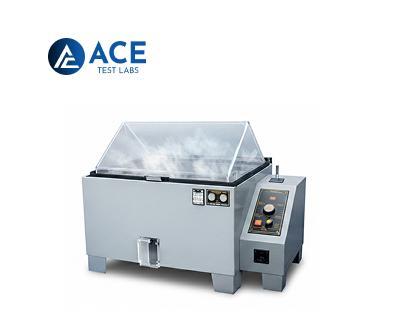
What is Salt Fog Testing?

What is the Bureau of Indian Standards?

Best BEE Testing Laboratory in Haryana
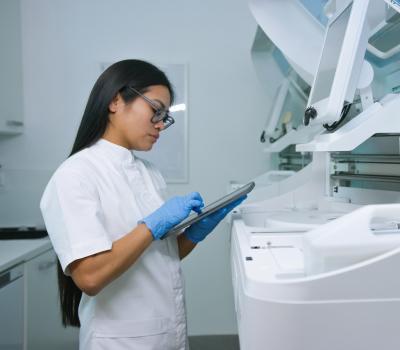
Best Testing Laboratory in Chennai

What is Uninterrupted Power Supply Testing (UPS Testing)?
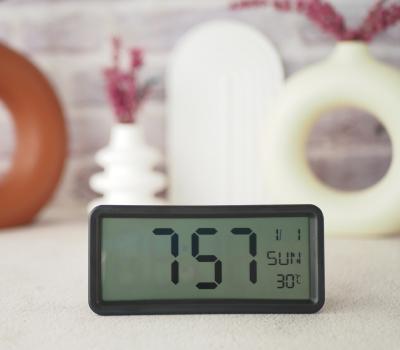
Electronic Clock Testing as per IS 302-2-26:2014/2024 Standard
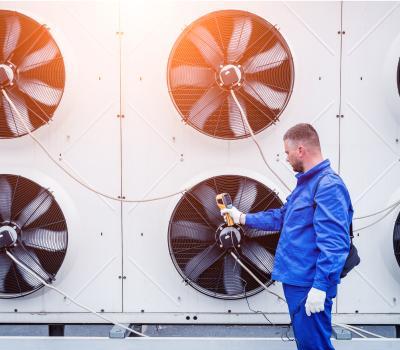
Fan Testing as per IS 302: Part 2: Sec 80: 2017 Standard

BIS Certification: Process, Types and Validity
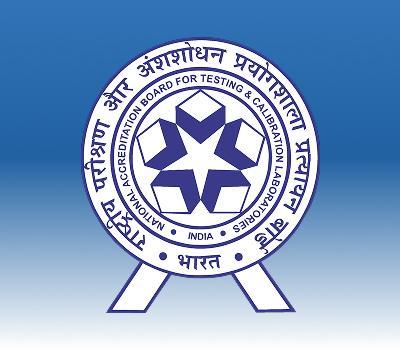
Advantage and Disadvantage of NABL Accreditation

